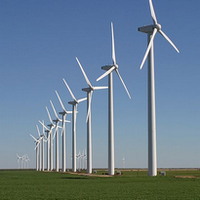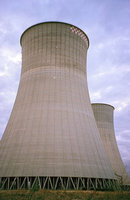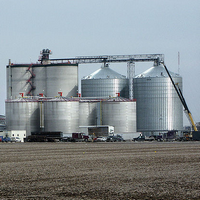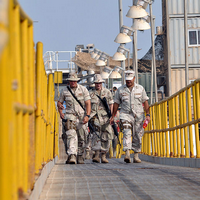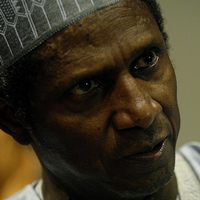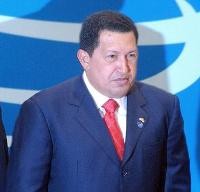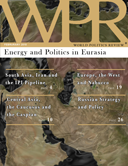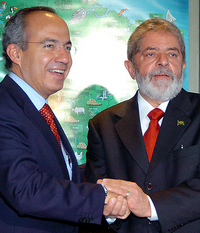
Latin America’s major economies avoided the brunt of the global financial crisis, except for Mexico, whose 7 percent contraction in 2009 represented the region’s worst decline. The drop-off was primarily traceable to America’s recession: More than 80 percent of Mexico’s exports go to the U.S., and its major sources of foreign reserves — oil, remittances and tourism — depend heavily upon consumption north of the border. The loss of tourism revenues due to ongoing drug violence within Mexico and the emergence of H1N1 didn’t help matters. This year, as the panic subsides, Mexico’s economy is expected to return to positive […]

